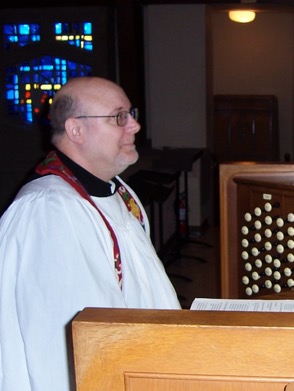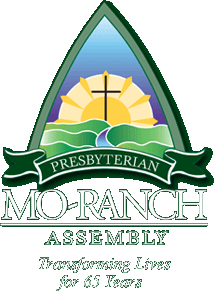Missing A Kingdom Moment: It’s Past Time for Presbyterians to Do Relational Politics
Missing A Kingdom Moment
It’s Past Time for Presbyterians to Do Relational Politics
This article was published in the Presbyterian Outlook, vol. 196, no. 25, Dec. 8, 2014.
By Rev. Dr. Fritz Ritsch, Pastor, St. Stephen Presbyterian Church, Fort Worth, TX
Recent events in the Middle East have torn at many Presbyterians’ hearts. Threats to both Israelis and Palestinians are real, but the overwhelming majority of casualties are Palestinian civilians. I worked against the PC(USA)’s recent decision to divest from companies perceived as supporting Israel’s activities in the Palestinian Territories, but I am deeply troubled by Israel’s indiscriminate use of force.
These events have only solidified my belief that the PC(USA)’s commitment to the Palestinians is poorly served by divestment. Unfortunately, we seem to have rejected the option best suited to making actual change on the ground: relational politics.
This past June, I spent a week in Detroit working with Presbyterians and Jews to redirect the 221st General Assembly from voting to divest. Conservative and liberal Presbyterians put aside other differences and worked together with Jewish activists to try, unsuccessfully, to turn the tide. We built new and lasting relationships that transcended our differences, which is what relational politics is all about. It was glimpse of the Kingdom.Missing A Kingdom Moment: It’s Past Time for Presbyterians to Do Relational Politics


